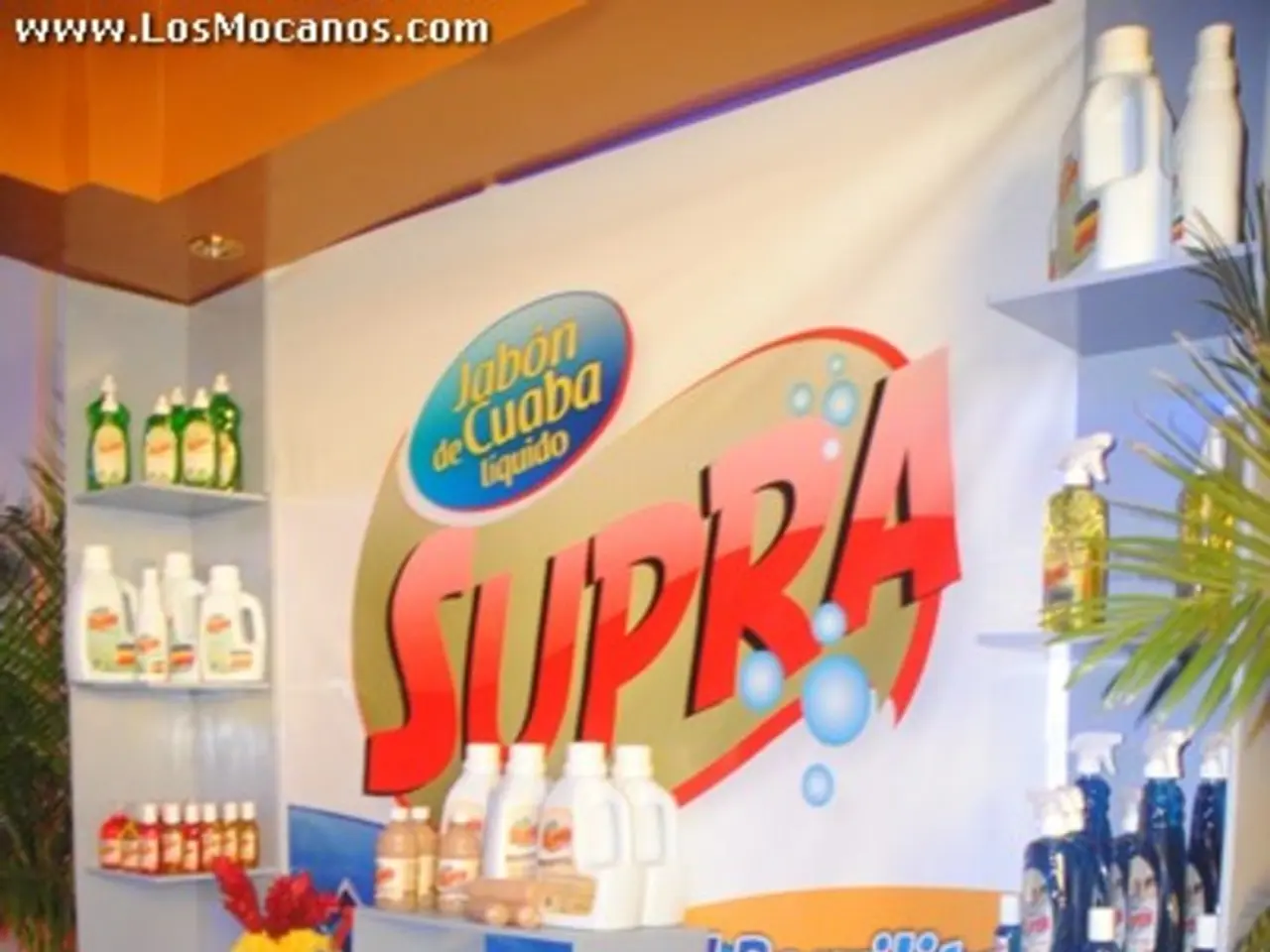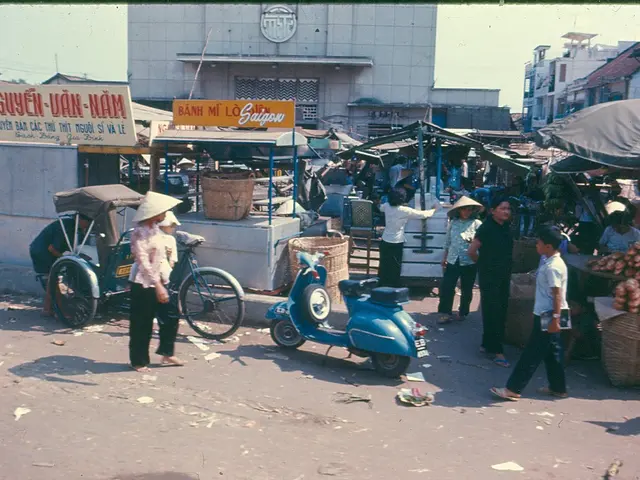Billionaire Bill Gates supports Singapore-based Terra Oleo as they secure $3.1 million in funding, aiming to produce palm oil alternatives from waste materials.
In a significant stride for the sustainable fats sector, Singaporean startup Terra Oleo has raised $3.1M in funding from multiple investors. The company, which specializes in producing sustainable alternatives to palm oil and cocoa butter from agro-industrial waste, is making waves in the industry.
The global cocoa stocks have plummeted to their lowest in a decade, due to extreme weather and crop diseases, causing cocoa prices to reach all-time highs. This situation has highlighted the need for sustainable alternatives, and Terra Oleo's precision-fermented fats are stepping up to the plate.
Terra Oleo's process eschews the energy-intensive refining steps and toxic byproducts of oleochemical processes, and its technology is predicted to remove 900 million tonnes of CO2 from the palm and cocoa supply chains annually. This makes it a promising solution to combat the environmental impact of traditional production methods.
Co-founder and CEO Shen Ming Lee stated that Terra Oleo is moving from lab-scale to pre-pilot scale, a significant step towards commercial production. The company is manufacturing in Thailand and Singapore across all target products, with product testing underway for global and regional leaders in oleochemicals, food, personal care, and cosmetics.
Notably, Terra Oleo was selected for Breakthrough Energy's 2025 Fellows program, a testament to its innovative approach and potential impact. Ashley Gross, VP of Breakthrough Energy, expressed support for Terra Oleo, underscoring its importance in addressing the climate, regulatory, and supply challenges facing palm oil and cocoa supply chains.
Meanwhile, Dutch producer NoPalm Ingredients signed a deal with dairy giant Milcobel to use its whey permeate as a fermentation feedstock for its palm oil alternatives. NoPalm Ingredients will explore the feasibility of co-locating its first commercial-scale factory at Milcobel's site in Langemark.
Rapid advancements in the sustainable fats sector have been observed recently. Äio, another player in the field, completed a one-tonne production run for its palm oil substitute and is eyeing market entry by year-end.
However, it's worth noting that the production of palm oil is linked to mass tropical deforestation and wildlife and human rights abuses. Terra Oleo's focus on sustainability and its use of agro-industrial waste as a raw material could potentially alleviate some of these concerns.
In conclusion, Terra Oleo's success in securing funding and its advancements in sustainable fats technology are significant steps towards a more sustainable future for the palm oil and cocoa industries. As the company continues to scale and test its products, it will be interesting to see how it impacts the market and contributes to global efforts in sustainability.
Read also:
- Long-Term Prescription Drug Impact on Brain Function
- Benefits, sources, and supplements for Vitamin D and its role in addressing osteoporosis
- Diabetes Management during Pregnancy: Keeping Tabs on Blood Sugar Levels and Lifestyle Adjustments
- Life Expectancy with Interstitial Cystitis: Exploration of Research, Treatment Methods, and Additional Information








